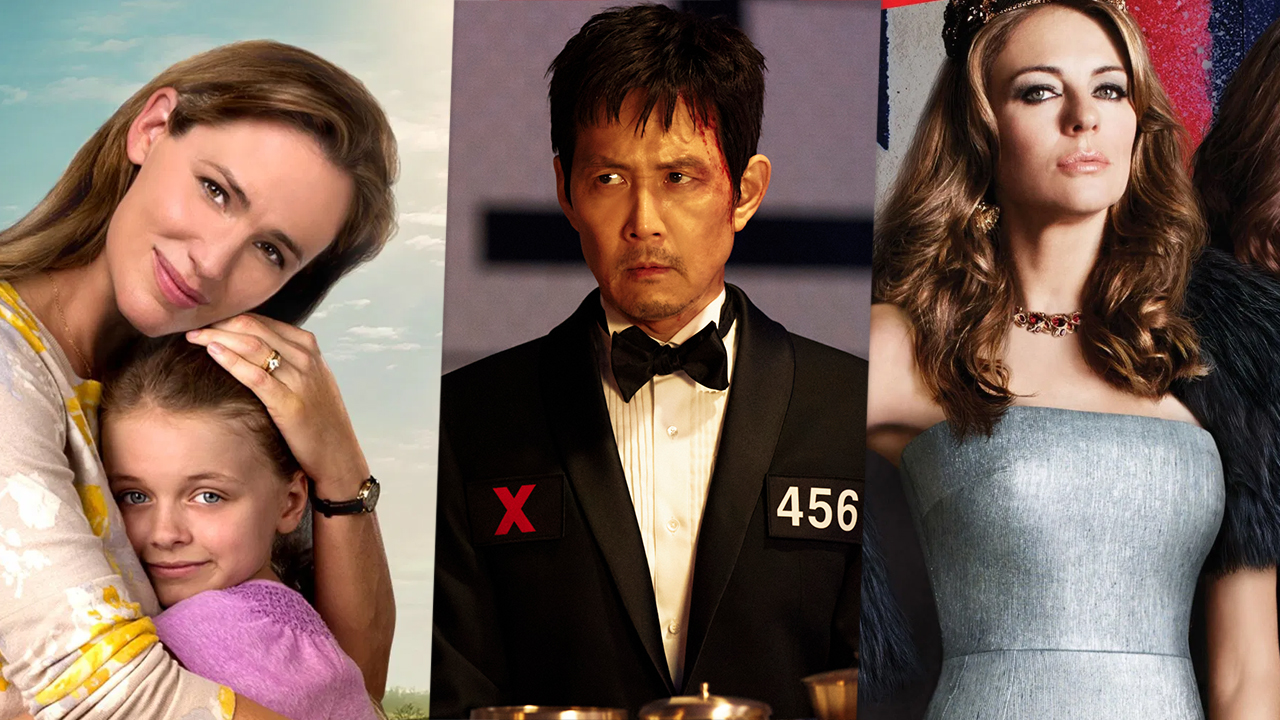Mitsue Sakamoto’s son is dating Ralph MacLean’s daughter, and now the MacLeans are coming for dinner.
Such is the establishing conflict of Forgiveness, Hiro Kanagawa’s stage adaptation of Mark Sakamoto’s 2014 memoir of the same name, directed at the Stratford Festival by Stafford Arima. It’s a deeply personal story — Mitsue (played by Yoshie Bancroft) is Mark Sakamoto’s paternal grandmother, and Ralph (Jeff Lillico) his maternal grandfather — told on a sprawling scale.
Over the course of nearly three hours (a runtime that was extended on opening night due to a medical emergency in the audience, gracefully handled by cast and crew alike), the audience follows Mitsue and Ralph across their divergent storylines. From 1930s teenhoods defined by racism for Japanese-Canadian Vancouverite Mitsue and by abusive familial relationships for Magdalene Islander Ralph, the play moves to the outbreak of the Second World War, and eventually to Mitsue and Ralph’s respective detainments — Mitsue in a Canadian internment camp, and Ralph in a Japanese prisoner of war camp. It’s these complex personal histories, shaped by the interlinked traumas of racism and war, which make the idea of Mitsue and Ralph meeting over dinner so complicated.
Kanagawa’s 2023 adaptation is framed as a memory play, introduced by Ralph and Mitsue in fourth wall-breaking addresses at the top of the show’s two acts. It’s an interesting narrative device that I was disappointed not to see satisfyingly resolved at the end of the play. In Ralph and Mitsue’s memories, time is malleable, and the play flashes back and forth between their pre-war lives, dinner plans in 1968, and a range of times and places across the intervening years. These frequent shifts are tricky to follow at times, but are supported by Lorenzo Savoini’s detailed costume design, and Cindy Mochizuki’s place-establishing illustrations and animations, which are projected around the theatre (projection design by Sammy Chien [Chimerik 似不像]).
The production’s synergy between design and staging is its strongest point — Kaileigh Krysztofiak’s lighting, Chien’s projections, Anita Nittoly’s fight direction, and Stephanie Graham’s choreography combine to create intense combat sequences. The incorporation of historic radio broadcasts and images during depictions of some of the war’s most pivotal events, like the attack on Pearl Harbor, illustrate the intensely felt impacts of this well-known history on the play’s characters. Sound designer Olivia Wheeler and composer Allison Lynch’s soundscapes and cinematic scoring also lend much emotional weight to the play’s many settings.
The cast give strong performances — demonstrating an impressive versatility after his turn as a flamboyant, singing Shakespeare in last season’s Something Rotten!, Lillico plays Ralph with a youthful mix of fear and resolve. Subtle shifts in Bancroft’s movement and mannerisms make Mitsue’s aging from a teen to a mother with teenage children of her own completely believable. Kanagawa’s contrasting roles as Mitsue’s father Yosuke and the sadistic camp commandant Kato are striking in their differences, and one of the most effective of the play’s many dual castings.
Despite all this, though, Forgiveness’s narrative feels incomplete. With its constant dipping in and out of times and places and its wide range of supporting characters (Bancroft and Lillico aside, most cast members play at least two named roles, one as many as seven), the script seems geared to breadth rather than depth. In its attempt to invest the audience in such an expansive series of people and events, it often glances off the surface of what could be powerful moments of loss, grief, and (occasionally) joy.
This extends to its titular theme: while a program note suggests that the budding relationship between their children forces Mitsue and Ralph to confront their traumatic anger and grief in search of forgiveness, the production shows very little of this internal confrontation. A two-decade time skip between the end of the war and the family dinner means we don’t see how those negative emotions have festered, and it’s unclear how the characters have found it within themselves to forgive the atrocities we have spent the past two-and-a-half hours witnessing. In these later scenes, Ralph’s character has more depth than Mitsue’s, but even then it seems to be more a battle of forgiving himself in the face of overwhelming survivor’s guilt than a question of reconciliation.
Presented in an increasingly tense political moment, where questions and conflicts of national identity, migration, detention, and what it means to call a place home have very tangible impacts both in North America and around the world, Forgiveness resonates on a level that is part reflection, part warning. There’s an important message here, but its delivery is unfortunately hazy.
Forgiveness runs at the Stratford Festival’s Tom Patterson Theatre until September 27. Tickets are available here.
Intermission reviews are independent and unrelated to Intermission’s partnered content. Learn more about Intermission’s partnership model here.















